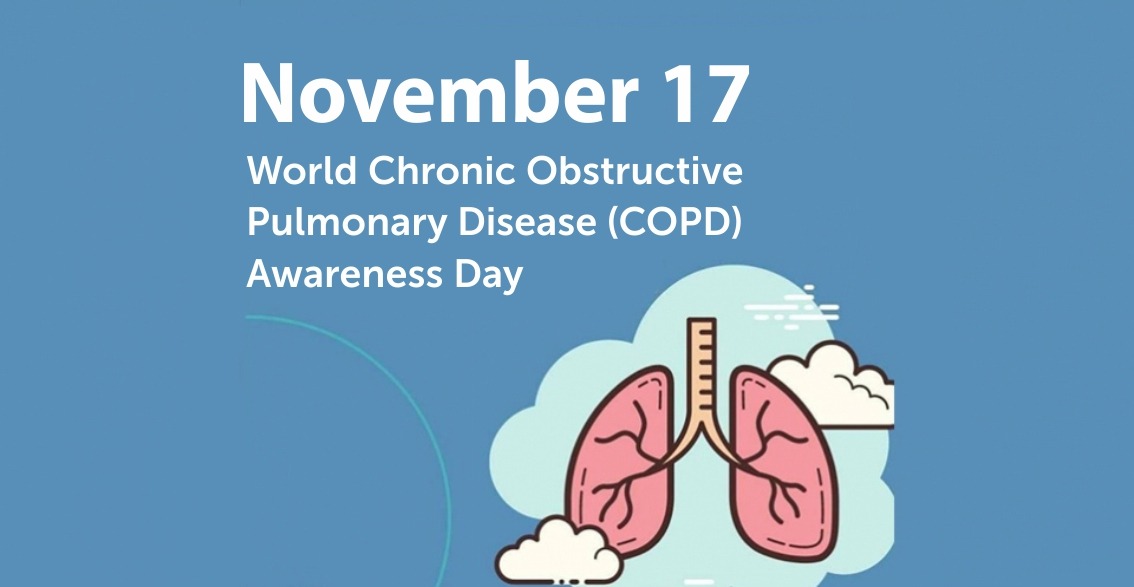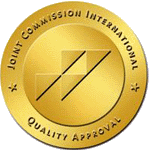Chronic Obstructive Pulmonary Disease

Chronic Obstructive Pulmonary Disease (COPD) is a chronic respiratory disease, characterized by progressing and partially reversible limitation of air flow due to narrowing of respiratory tract lumen.
Today, COPD is the fourth leading cause of death in the world, and according to previous projections, it will become the third leading cause by 2030. The major part (around 90%) of deaths, caused by COPD falls to developing countries, approx. 3 million people die from complications.
Causes of COPD development:
Partial destruction of pulmonary tissues, obliteration of respiratory tract by phlegm, inflammation process and swollen respiratory mucosa.
Risk factors:
- inhaling tobacco smoke during active or passive smoking;
- inhaling dust, smoke or chemical substances at production sites;
- contaminated air in premises: using biomass-based fuels (firewood, dung, after-harvesting residues) or coal for cooking and heating;
- frequent severe respiratory infections in childhood, preventing normal growth and development of lungs;
- asthma in childhood;
- rare genetic disorder – deficit of alpha-1 antitrypsin, which may lead to development of COPD in early age.
Disease symptoms:
- cough, sometimes with sputum,
- heavy, wheezy respiration
- fatiguability
Prevention:
Exclude risk factors. It is very important to quit smoking, avoid occupational hazards, maintain safety rules, prevent exacerbation of bronchopulmonary diseases and viral respiratory infections.
Patients with COPD, as well as people with other chronic pulmonary diseases are recommended to undergo planned vaccination against Streptococcus pneumoniae and seasonal vaccination against influenza to prevent acute exacerbation of COPD leading to hospitalization.




